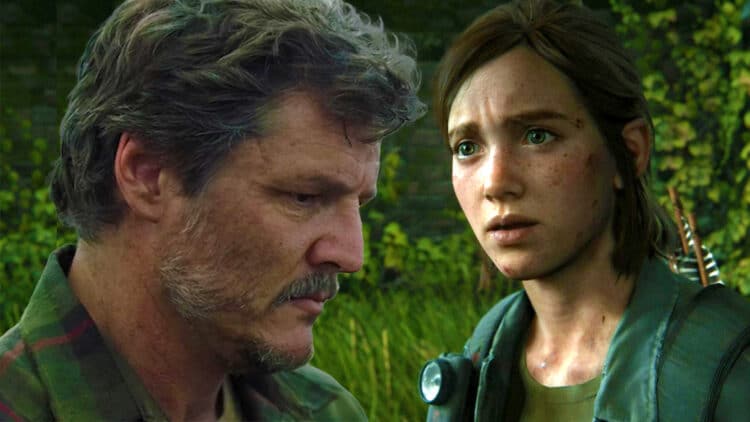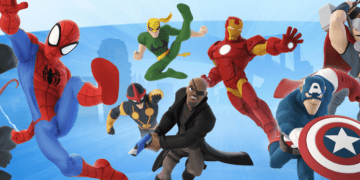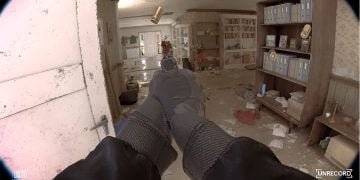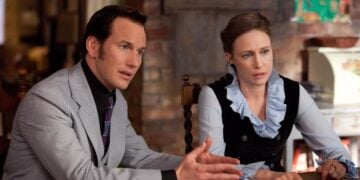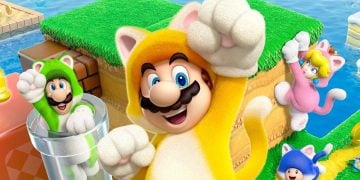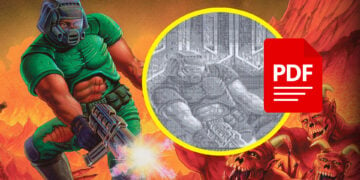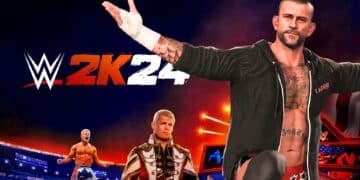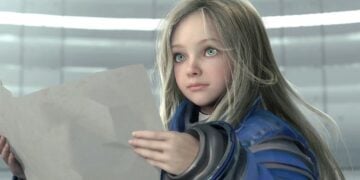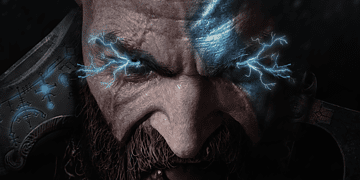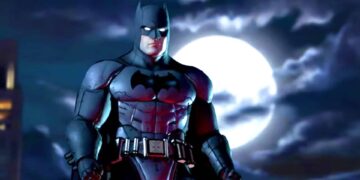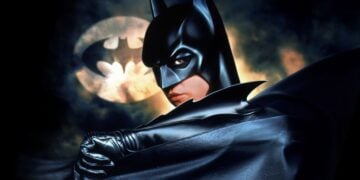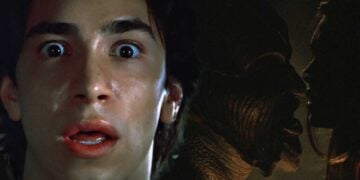The Last of Us Part II remains one of the most divisive titles in Sony’s last-gen catalogue. The sequel to one of the best games of all time, Part II took many chances when it came out – and for some fans, it completely missed the mark. However, for many, replaying The Last of Us Part II after watching the HBO show has changed their thoughts about the game.
The Appeal Of The Last Of Us
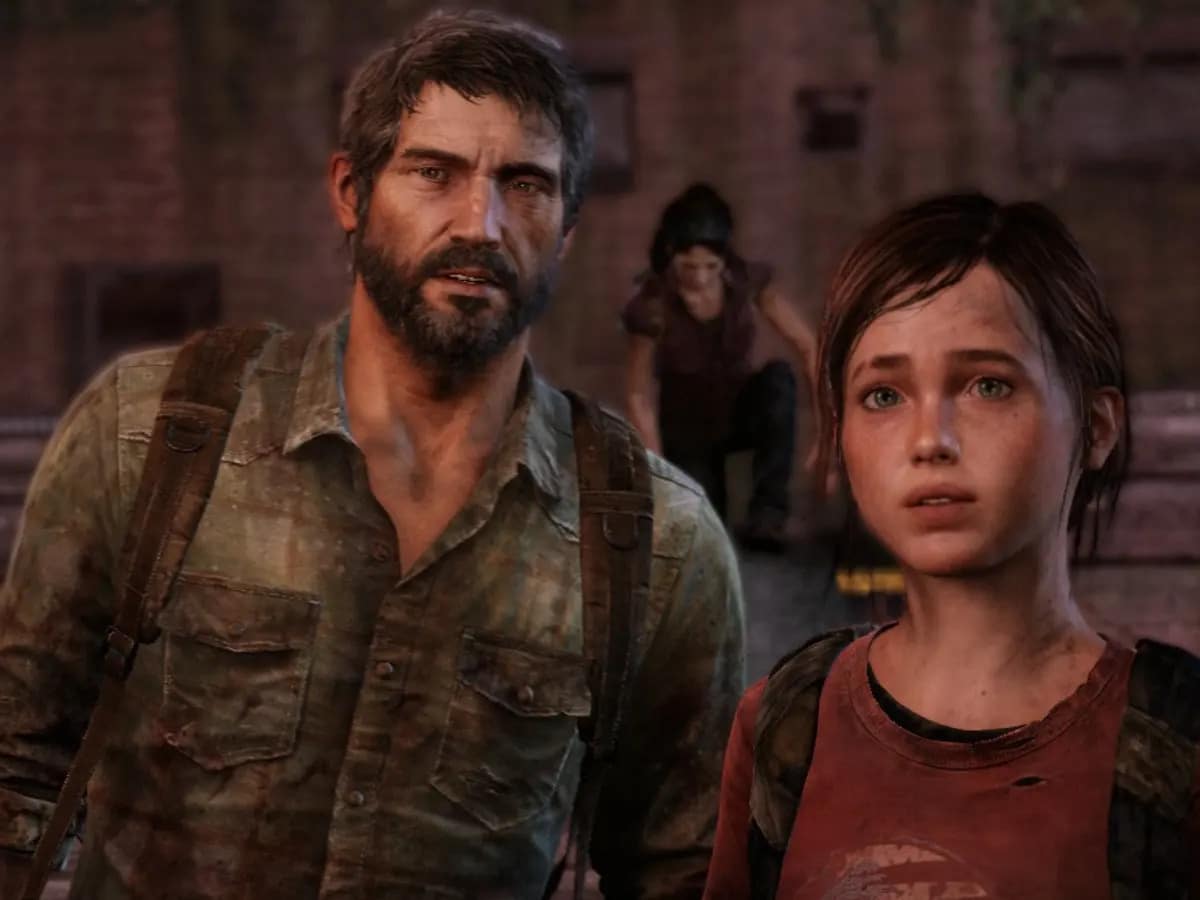
One of the main reasons why everyone loved The Last of Us – and we think many fans can relate here – was the dynamic between Joel and Ellie. The idea of an adventure game set in a post-apocalyptic cityscape inhabited by “non-zombies” has been done to undeath – but that wasn’t what made The Last of Us special.
At the centre of it all was Joel – a troubled character that the player learns to sympathize with through every hardship. The opening scenes – with Joel losing his daughter – felt brutal. The game’s ending, where Joel sacrifices what’s left of his moral compass to save Ellie, feels like a kick straight to the gut. Many felt that all of that was undone by Part II.
The Edgier Tone of Part II
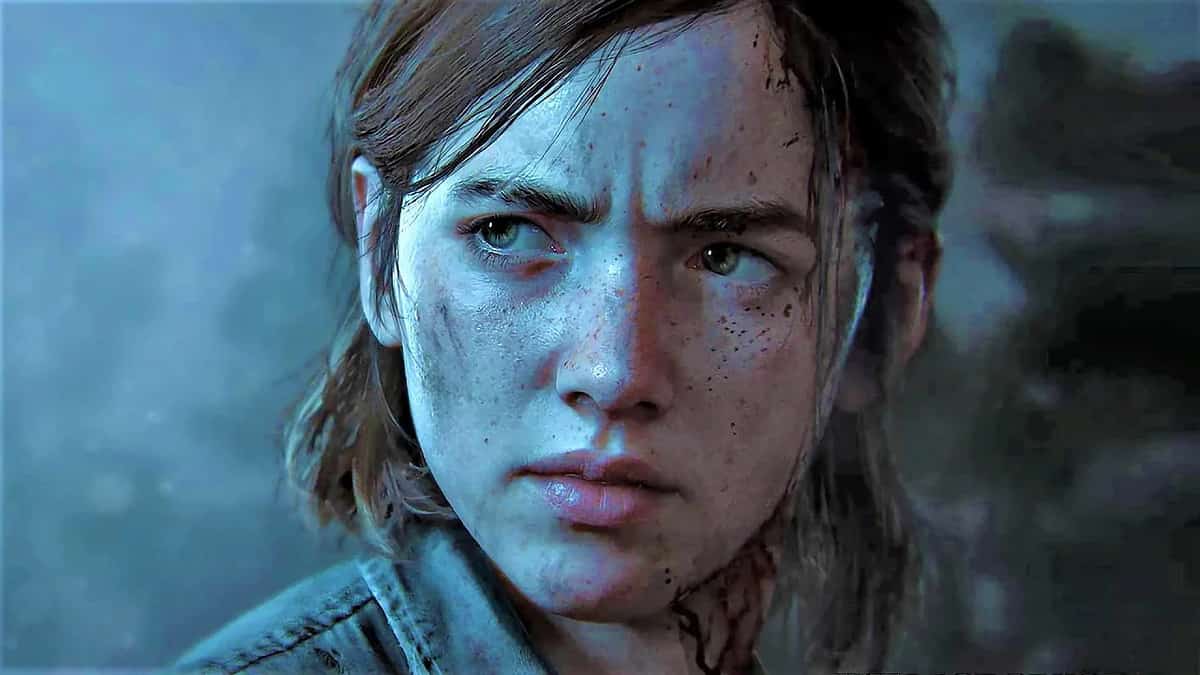
Beyond Abby unceremoniously dispatching Joel, it felt like The Last of Us Part II just wanted to be edgier than Part I. It didn’t matter if characters made decisions that didn’t fit their character arcs – as long as it was “dark,” it was fair play. That would explain why Neil Druckmann swears Abby is as much of a hero as Ellie – even though the game itself paints her (and every decision she makes) in an increasingly negative light.
Now that The Last of Us (the show, not the game) has wowed the world with a demonstration of how to adequately adapt a video game to live-action, our love for The Last of Us as a series has been reignited – and that includes a newfound appreciation for the plot of Part II.
Reevaluating The Last Of Us Part II
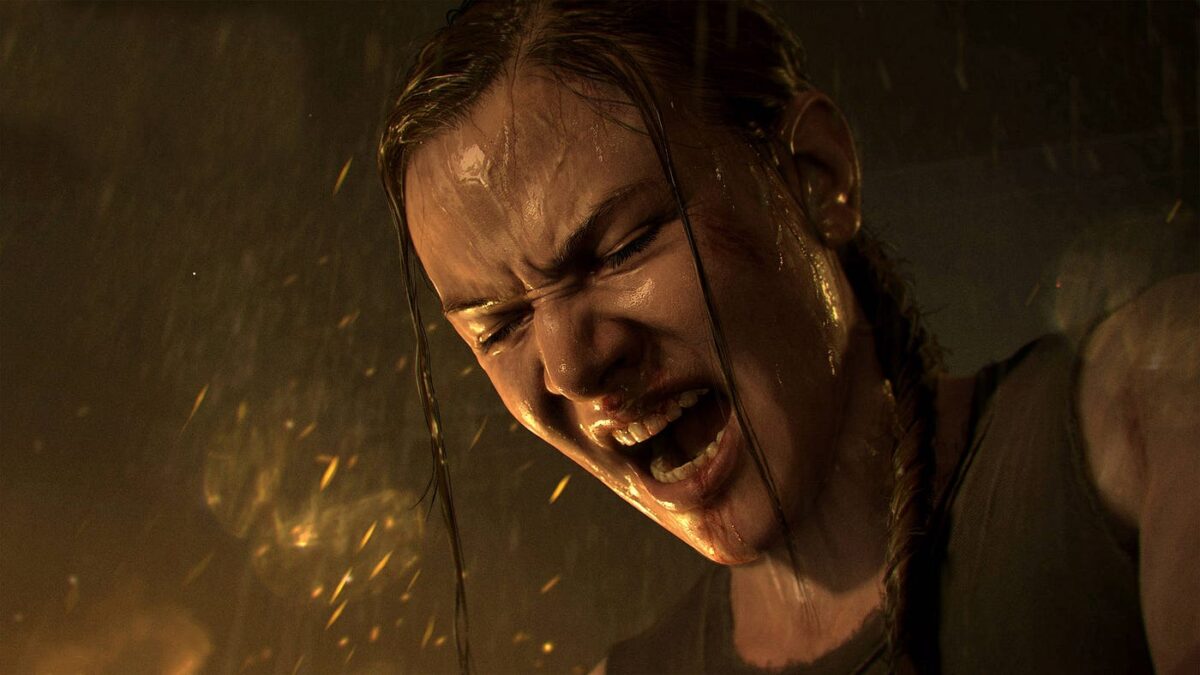
As much as we still find some aspects of the game’s design and the overall plot disappointing, there’s a sense that many “missed” something the first time they played the game. For many, Part II came out years after they had last played the first game, but they still kept their memories fresh of what that game meant to them. However, the sequel went on a completely different narrative path – and that’s okay.
When looking at them from an outside perspective – as someone who hasn’t played the first game on their PS3 would – Part II feels much closer to the tone and writing of the HBO series than its predecessor. If you saw the show and then played the first game, you’d be met with an experience that feels much less “grim” than its live-action counterpart.
Part II still holds the crown in terms of depressive storytelling, however. Everyone in the world of The Last of Us sequel is miserable in one way or another. I mean, it’s the end of the world, we understand that, but there came a time when the game felt like it was written by Garth Ennis – and that’s not always a good sign.
Appreciating The Sequel’s Bold Choices
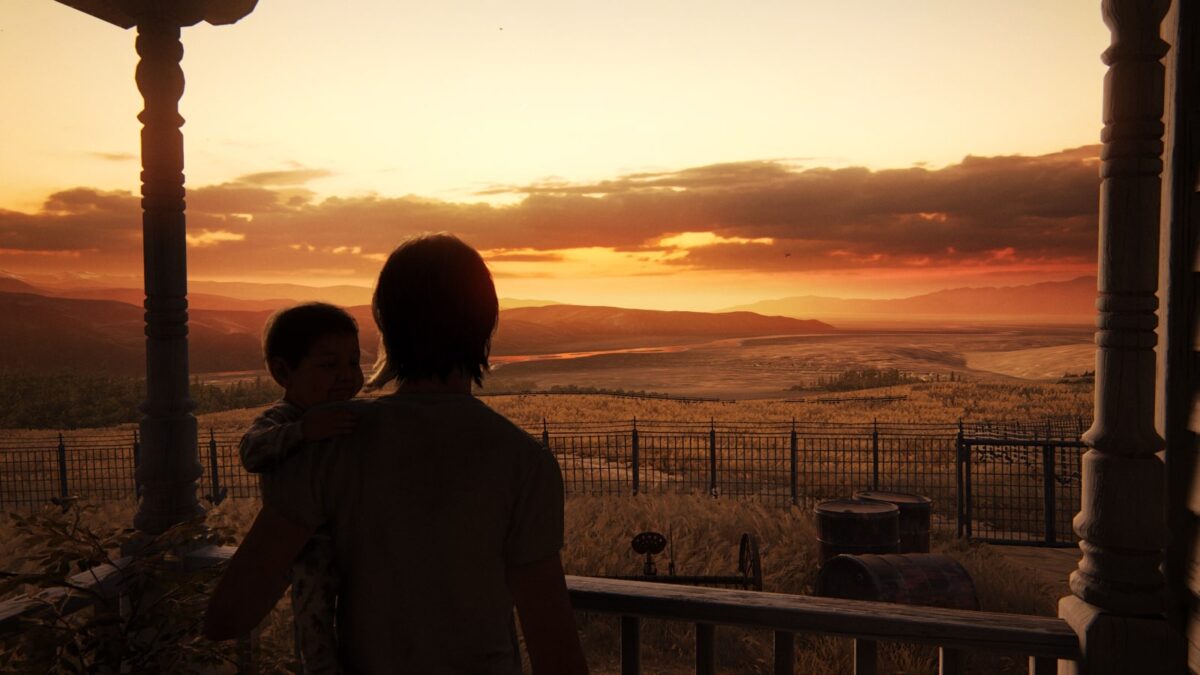
Seeing the show, replaying Part II, and wondering how the showrunners will tackle the sequel’s divisive story leaves us (and many others) with that much appreciation for what Druckmann and the team at Naughty Dog did with this sequel.
They could’ve easily released a game with no connection to the characters from Part I, or made a by-the-numbers sequel where Joel and Ellie save the day again and live happily ever after. But no – they gave us the kind of story that fits in the world of The Last of Us.
And now, with Season 2 of The Last of Us show (which will focus on Part II) more than likely about to enter early development, fans should be wondering what’s next for the games now that they have to live up to the standards of HBO’s outstanding series.
Are you going to replay The Last of Us Part II now that you have seen the series to have an even better experience? What are you expecting from The Last of Us Part III?


